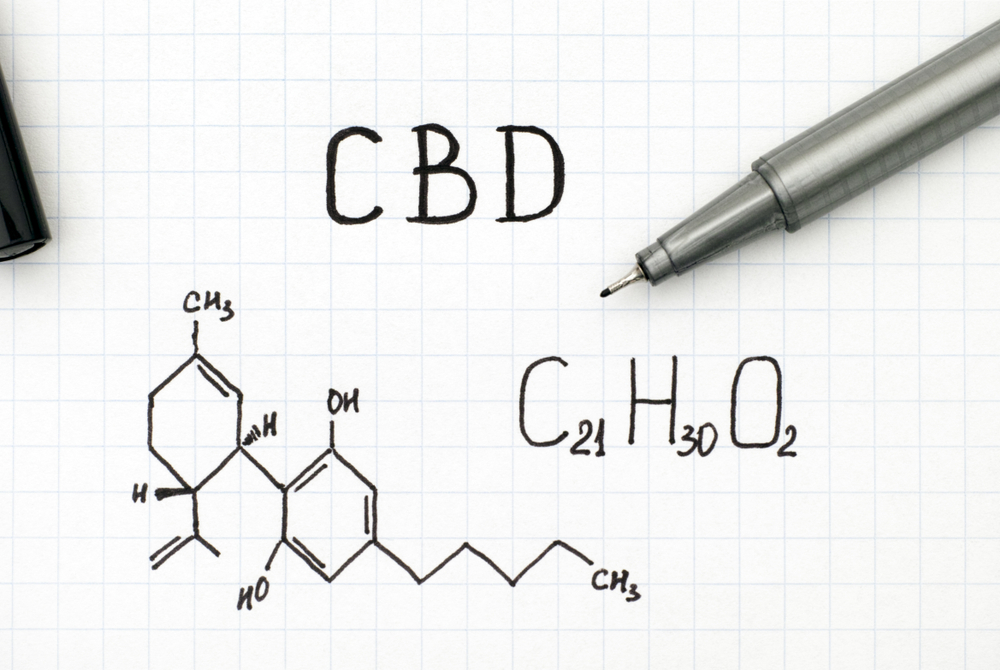
CBD! CBD! CBD! It seems everywhere you look there is CBD. From foods and beverages to lotions, capsules, suppositories, patches and more, CBD is showing up in products everywhere. So, what is it and what is the science behind its success? Let’s take a look at what the studies say about CBD and a few common ailments that affect people globally. Please keep in mind, we are making no medical claims. We are just presenting the facts.
Here is what the science says regarding CBD and its potential effectiveness in treating the following ailments.
- Depression
- Addiction
- Anxiety
Depression
It is estimated that more than 16 million adults in the United States alone suffer from depression. Mental health problems such as depression is a prevalent issue in the UK as well as in countries around the world. Depression is thought to be the second leading cause of disability as well as a significant contributor to ischemic heart disease. According to Mental Health.Org.UK roughly 1 in 6 people in the past week have experienced a common mental health problem such as depression.
A study published in Molecular Neurobiology suggests that CBD could be what individuals that suffer from depression need. The study which was published in the journal in February of 2019 was performed by researchers in Brazil on rodent test subjects. They concluded that CBD helps to reduce depression-related behaviors in the rodents after just one dose. The improvement that was noted lasted an entire week after the treatment was given.
There are also thousands if not millions of anecdotal claims and stories of individuals utilizing cannabis successfully to help ease their depression. In many places and for many individuals CBD is one of the most effective constituents of the cannabis plant at relieving depression.
Addiction
In 2017 it was estimated that over 34 million adults in the US smoked cigarettes. According to drugabuse.com, there is a high prevalence of methamphetamine use throughout the US, Europe, Asia, and Australia. They report that as many as half of the individuals that seek treatment for drug addiction in Sweden, Slovakia, Finland, and the Czech Republic are seeking help for addiction to methamphetamine. Every day over a hundred individuals loses their lives to addiction in the U.S. alone from a drug overdose on pharmaceuticals such as opioids.These are statistics that shouldn’t exist.
A study published by researchers at the University of Sydney and Macquarie University in Australia in 2018 found that CBD could help to relieve addictions of all sorts. In a study where 80 mg of CBD was administered per kilogram of body weight to rats showed significant hope for addiction treatment. Specifically, the study concluded that CBD could be very beneficial to those addicted to meth. Other studies have demonstrated high prevalence of relief from addiction to substances such as opioids and tobacco as well utilizing CBD.
Anxiety
Anxiety is another mental condition that affects millions of individuals around the world. A trial study that was placebo-controlled took place in 2011 and showed significant hope for CBD’s efficiency on social phobias in patients that had been diagnosed with a Generalized Social Anxiety Disorder. That study utilized a high dose of CBD isolate averaging 600 mg. More recently, however, a more extensive case series of studies were performed using CBD at lower doses between 25 and 175 mg per day also showed to have significant anxiolytic potential in both brain images as well as patient reports.
A Patent You Should Know About
In addition to anxiety, depression, and addiction, CBD has been scientifically proven to offer many other benefits. One of them was so incredible that the US Government filed a patent on cannabinoids. Patent 6630507 states the following;
“Cannabinoids have been found to have antioxidant properties, unrelated to NMDA receptor antagonism. This new found property makes cannabinoids useful in the treatment and prophylaxis of wide variety of oxidation associated diseases, such as ischemic, age-related, inflammatory and autoimmune diseases.”
The study’s abstract goes on to state that;
”Cannabinoids are found to have particular application as neuroprotectants, for example in limiting neurological damage following ischemic insults, such as stroke and trauma, or in the treatment of neurodegenerative diseases, such as Alzheimer's disease, Parkinson's disease and HIV dementia. Nonpsychoactive cannabinoids, such as cannabidoil, are particularly advantageous to use because they avoid toxicity that is encountered with psychoactive cannabinoids at high doses useful in the method of the present invention.”
As you can see, science seems to believe that CBD could be very beneficial in offering relief from a magnitude of different ailments, diseases, and conditions suffered by individuals globally.






The information below is required for social login
Sign In
Create New Account